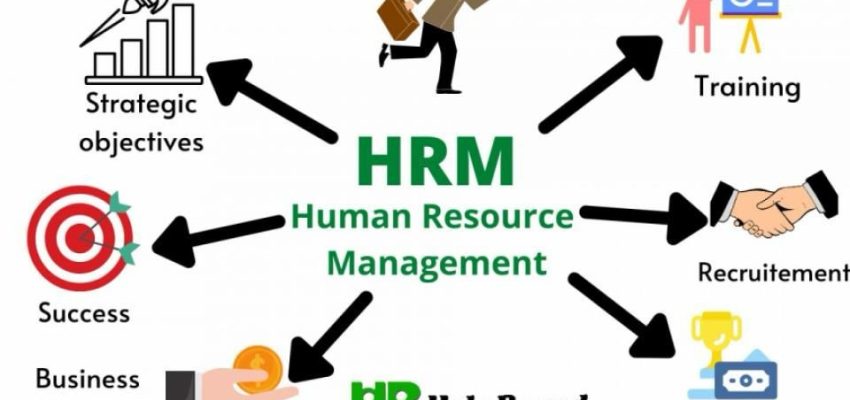Accounting for Non-Accountants Training
Accounting for Non-Accountants Training
Introduction
This SOW Consulting Accounting for Non-Accountants training provides a comprehensive introduction to the role of accounting in supporting and informing all business decisions throughout the organization. It is designed for those who access, use, and rely upon accounting information, but do not have accounting training or background. This SOW Consulting training will give you access to the world of accounting, from basic principles, using plain language.
Those who attend this SOW Consulting Accounting for Non-Accountants training
seminar will gain a clear understanding of the structures of the accounting system, the information it contains, and how it can be accessed. You will learn, from numerous practical examples and illustrations, how the information on business transactions and activities, input to the accounting system is used throughout the organization. You will understand how accounting provides essential support to routine operations, decision making, and effective business control.
The highlights of this SOW Consulting training course will be:
- The structure of the accounting system
- Preparing truthful and realistic financial statements
- Analyzing financial statements to evaluate a business
- Establishing the costs of products and operations
- Preparing budgets to implement our strategic plans
Objectives
At the end of this SOW Consulting training seminar, participants will:
- Be able to record transactions in the accounting system
- Understand the format and contents of financial statements
- Use accounting information to interpret and evaluate a business
- Make efficient and profitable decisions, based on cost information
- Apply budgetary control techniques to ensure that targets are achieved
Training Methodology
In this SOW Consulting Accounting training, you will be expected to actively participate. To enable this, the trainer will provide and explain basic rules and structures that will allow you to record transactions, prepare financial statements, and cost summaries.
In the process, you will discuss and apply ‘business commonsense’ and ‘professional judgment’ in ensuring that information is realistic and truthful. In every session, there will be opportunities to re-enforce what you have learned with practical exercises.Download Full Brochure:




